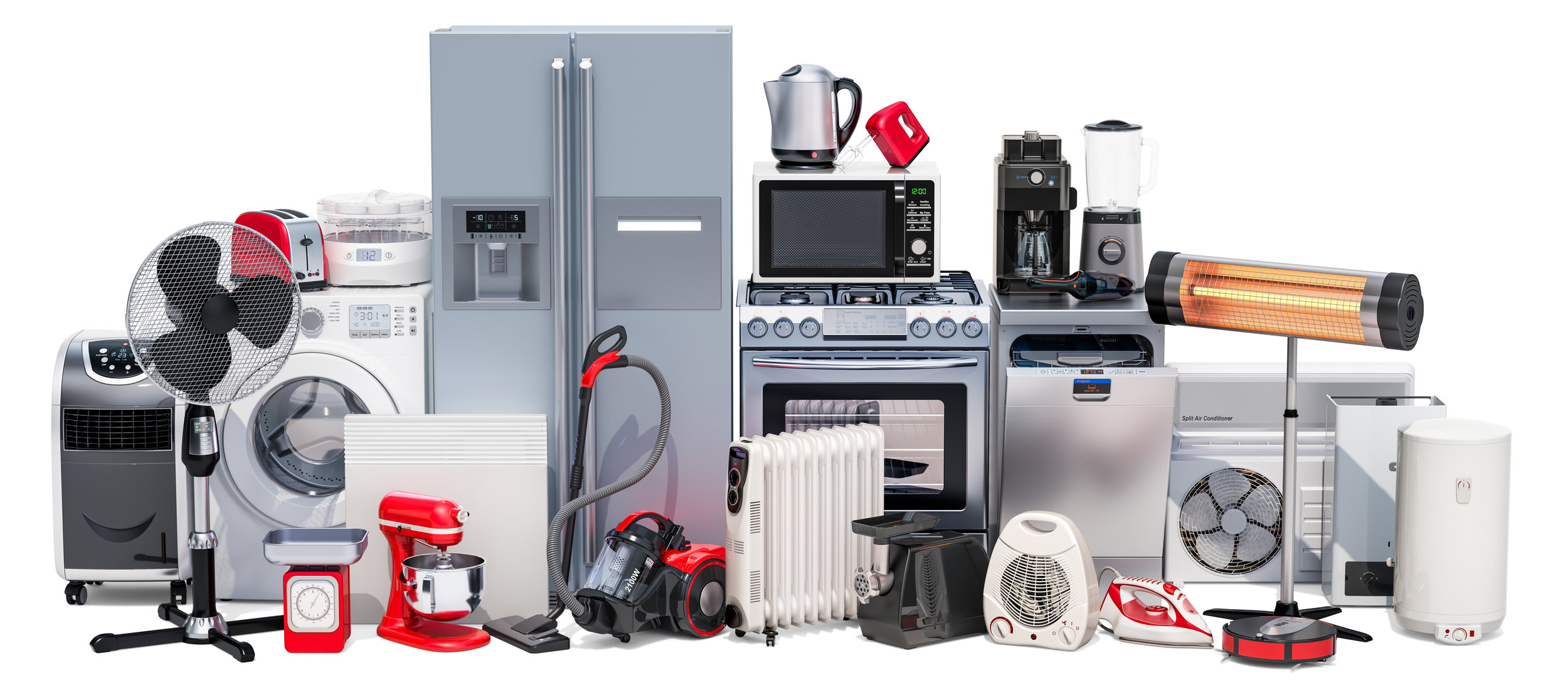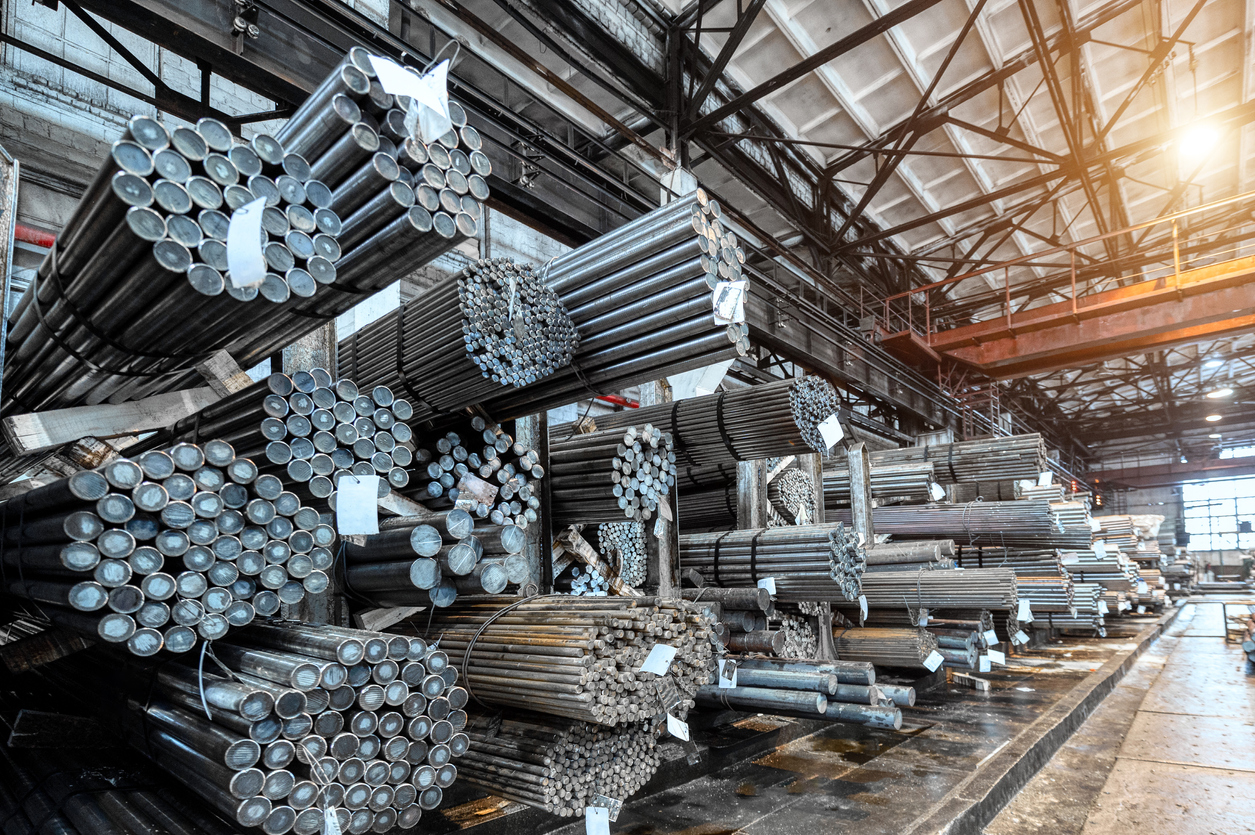How Tariffs Affect the Electronics Industry: Key Insights for 2025
The electronics industry is a cornerstone of global trade, driving innovation, connectivity, and economic growth. However, tariffs have become a major factor influencing the industry, affecting costs, supply chains, and market dynamics. Understanding the tariff impact on electronics industry is crucial for businesses, distributors, and importers looking to stay competitive in a rapidly changing market.
Understanding Tariffs and Their Role in Electronics
Tariffs are taxes imposed on imported goods, including electronic devices and components. Governments often use tariffs to protect domestic industries or raise revenue. While tariffs may support local manufacturers, they can increase the cost of imported electronics, disrupt supply chains, and create uncertainty for businesses relying on global sourcing.
In the electronics industry, tariffs affect a wide range of products—from consumer electronics like smartphones, laptops, and gaming consoles to industrial components used in manufacturing. Businesses importing these goods face higher costs, which may be passed on to consumers, impacting demand and overall profitability.
How the Tariff Impact on Electronics Industry Disrupts Supply Chains
One of the most significant tariff impacts on electronics industry is on supply chains. Electronics manufacturing often relies on components sourced from multiple countries. When tariffs are introduced or increased, suppliers may adjust pricing, delay shipments, or seek alternative sourcing.
For distributors and wholesalers, this can translate into higher procurement costs, longer lead times, and challenges in maintaining consistent inventory levels. Businesses that fail to adapt may experience stock shortages or missed sales opportunities.
Moreover, tariff fluctuations can create uncertainty in long-term contracts. Companies planning multi-month or multi-year procurement agreements may struggle to predict costs accurately, which can affect budgeting and profitability.
Economic Effects of Tariff Impact on Electronics Industry
Tariffs influence pricing, demand, and competitive dynamics in the electronics industry. Higher import costs often lead to increased retail prices, which may reduce consumer purchasing power. For businesses importing components or finished products, this can squeeze profit margins and slow expansion plans.
Additionally, tariffs may prompt manufacturers to reconsider production locations. Some may relocate operations to countries with lower tariffs, while others might invest in local manufacturing to avoid import duties altogether. These strategic shifts can reshape the global electronics landscape over time, influencing where electronics are produced and how supply chains operate.
Managing the Tariff Impact on Electronics Industry: Practical Solutions
While tariffs pose challenges, businesses can adopt several strategies to mitigate their impact:
1. Diversify Sourcing to Reduce Tariff Risks
Import electronics and components from multiple countries to avoid over-reliance on regions with high tariffs. This reduces risk and helps maintain a stable supply, even when trade policies change.
2. Negotiate with Suppliers on Costs
Work closely with suppliers to explore cost-sharing opportunities, bulk discounts, or flexible payment terms. Collaboration can help reduce the financial burden of tariffs while maintaining a reliable supply chain.
3. Leverage Trade Agreements to Minimize Tariffs
Stay informed about bilateral or multilateral trade deals that may reduce or eliminate tariffs. For example, some African and Asian trade agreements provide exemptions for certain electronic goods, offering cost-saving opportunities for importers.
4. Optimize Logistics and Warehousing Strategies
Invest in regional distribution centers or local warehousing to minimize cross-border tariffs. By stocking inventory closer to target markets, businesses can reduce import costs, improve delivery times, and enhance customer satisfaction.
5. Use Technology to Forecast Tariff Impacts
Advanced supply chain management tools help forecast demand, track tariffs, and optimize sourcing strategies. Accurate forecasting allows businesses to anticipate costs and maintain flexibility in procurement.
Wigmore Trading can assist businesses in implementing these strategies. With expertise in import/export, wholesale distribution, and logistics across Africa, Wigmore Trading helps clients identify cost-effective sourcing options, streamline supply chains, and ensure timely delivery despite tariff challenges.
Tariff Trends Shaping the Electronics Market
Global trade policies and tariff regulations are constantly evolving, particularly in response to economic shifts, geopolitical tensions, and changes in consumer demand. Electronics businesses must remain vigilant, monitoring policy changes and adapting strategies accordingly.
Some key trends include:
-
Rising regional production: Companies are increasingly moving production closer to consumer markets to reduce reliance on imported goods.
-
Focus on high-value components: Tariffs often disproportionately affect high-value electronics like semiconductors, which can alter sourcing priorities.
-
Digital solutions for compliance: Businesses are using software solutions to navigate tariff classifications and optimize import/export processes efficiently.
Proactive management of tariff impacts can help companies maintain competitiveness, protect profit margins, and identify new growth opportunities.
How Wigmore Trading Supports Electronics Businesses
Navigating tariffs in the electronics industry requires expertise, market knowledge, and reliable logistics partners. Wigmore Trading provides comprehensive support for businesses facing these challenges:
-
Sourcing Expertise: Identify cost-effective suppliers in regions with favorable trade policies.
-
Logistics Solutions: Ensure smooth import/export processes, even when tariffs fluctuate.
-
Supply Chain Optimization: Maintain consistent inventory levels and streamline distribution to reduce operational costs.
-
Regulatory Guidance: Stay compliant with customs regulations, tariffs, and trade policies.
Partnering with Wigmore Trading ensures businesses can navigate the complexities of international trade, minimize the impact of tariffs, and maintain reliable access to high-quality electronics.
Contact Wigmore Trading today to streamline your sourcing and minimize tariff challenges.








Comments are closed.